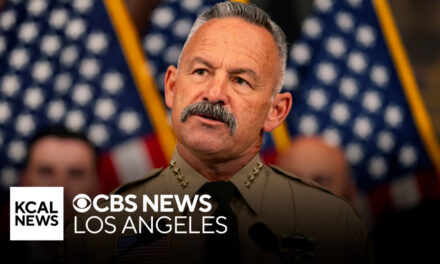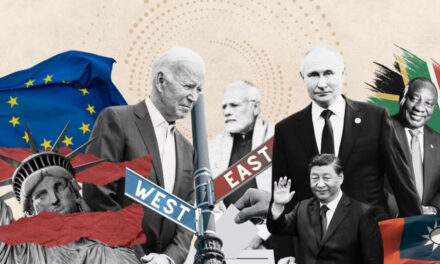
Make-or-Break NAFTA Talks Begin in Montreal
Mexican and Canadian officials met in Montreal this weekend to discuss proposals aimed to convince the United States to stay in the North American Free Trade Agreement (NAFTA).
Chief negotiators will arrive Tuesday to begin the sixth round of talks, which are scheduled to end on January 29th.
Proposals will start with agriculture, energy, and Trump’s demand to increase American-made content for cars manufactured in North America.
The Trump Administration wants to increase the regional content of light vehicles from 62.5% to 85%, with half of all parts made in the US. Vehicles that do not meet these rules would not qualify for duty-free trade among NAFTA countries. Trump has also mentioned using NAFTA to make Mexico pay for the border wall.
Canada and Mexico are both opposed to more US content in cars, although Mexico has suggested regional content could be increased to 70%. Canada would like to redefine what counts as “North American content” and is proposing R&D count towards the threshold required for duty-free trade.
Earlier this month, Canada filed a complaint with the World Trade Organization over American use of border taxes to protect its domestic industries. The 30-page complaint cited nearly 200 examples of “unfair trade practices.”
Canada is now demanding NAFTA dispute-resolution panels hear Canada’s case against US tariffs on lumber and airplanes. These panels are part of a resolution mechanism the US wants to remove from NAFTA.
Canada’s “ill-advised attack” on the US will only “lower US confidence that Canada is committed to mutually beneficial trade,” warns US Trade Representative Robert Lighthizer, who will arrive in Montreal next Monday to close the talks.
Canada’s case addresses longstanding grievances, but the timing of the complaint was “highly provocative,” says Edward Alden, a trade expert at the Council on Foreign Relations.
—
NAFTA is a trade agreement that connects the US with Canada and Mexico. Implemented in 1994, it is the world’s largest free trade agreement. President Trump has called NAFTA the “worst trade deal ever made” and has threatened to pull out of the agreement if serious changes aren’t made. Negotiations began last August.
President Trump has softened his tone regarding NAFTA in recent days given the upcoming election in Mexico. “I’m leaving [the timetable] a little flexible because they have an election coming up. I understand a lot of things are hard to negotiate prior to an election.”
Many lawmakers are still convinced Trump will decide to pull America out of the agreement – a move that could affect all three economies and cause widespread job loss.
Consider North Dakota, which sends 90% of its exports to Canada and Mexico, and Montana, which sends more than 40% of its exports to Canada.
The majority of these exports are food and gas.
“North Dakota is a leading producer of agricultural products and the #2 oil producing state in the nation, so trade is extremely important to our economy,” explains Senator John Hoeven (R-ND). “As Canada and Mexico are our nation’s two biggest trading partners, it’s important that we negotiate the best deal we can for the US and it is best if we can do it within the framework of NAFTA.”
Montana Senator Jon Tester (D) is advocating for the creation of a public comment portal that would give his constituents an easy way to share comments about the trade deal.
“Montanans whose livelihoods depend on this trade agreement should be able to provide their input throughout the entire process without having to jump through hoops and navigate red tape. Every day Montana farmers and ranchers, small business owners, and manufacturers sell their goods across the Canadian border, and it is critically important that their voice is heard during these negotiations.”























Trump is quick with his pushing responsibility on Biden and Democrats for his own mistakes in judgment and knee jerk…
Larry, You act surprised that Trump is being taken advantage of? Trump is (and always has been) a chump. He…
Thanks forcthe update. Noem.
Trump is our president. Kumbreath lost the election. You can’t get over it. And your shit party is falling apart.…
y'all are idiots, ones I suspect have never undertaken a high level negotiation. You can not expect to negotiate with…